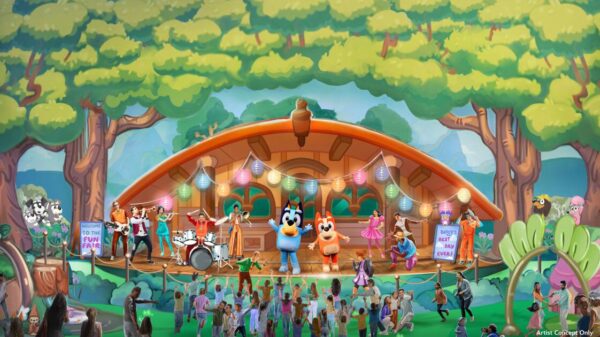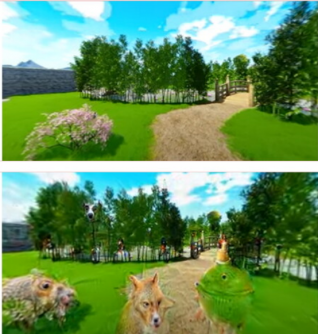A recent study conducted by a team at the Università Cattolica del Sacro Cuore in Milan has demonstrated that immersive virtual reality (VR) can simulate visual hallucinations similar to those induced by psychedelic substances. This innovative research, published in the journal Dialogues in Clinical Neuroscience, was led by Professor Giuseppe Riva and researchers Dr. Giulia Brizzi and Dr. Chiara Pupillo. Their findings suggest that VR experiences can significantly impact cognitive and emotional functioning without the actual use of drugs.
The study, titled Cyberdelics, involved 50 healthy participants who were exposed to two 10-minute immersive VR experiences: “The Secret Garden” and its hallucinatory version. The researchers aimed to assess changes in psychophysiological and cognitive responses following these experiences. The results indicated that the hallucinatory version triggered notable cognitive changes shortly after exposure, suggesting that VR can replicate some of the positive effects associated with psychedelics, such as enhanced creativity and cognitive flexibility.
Professor Riva emphasized the significance of these findings, stating, “We have demonstrated for the first time that virtual reality is capable of replicating some of the positive effects typically associated with the use of psychotropic substances.” He added that while the results are promising, further investigation is necessary to determine if these effects are comparable to those produced by substances like psilocybin or LSD on a neurobiological level.
Context of Psychedelics and Cyberdelics
The study reflects a growing scientific interest in the therapeutic potential of psychedelics, which are currently not legally approved for routine use in many countries. In places like the United States and Switzerland, however, psychedelics are being explored in authorized clinical settings for conditions such as treatment-resistant depression and post-traumatic stress disorder. In Italy, the Italian Medicines Agency (AIFA) recently authorized a clinical trial on psilocybin for resistant depression, marking a significant step forward in the country’s approach to mental health treatment.
Cyberdelics present a non-pharmacological alternative that harnesses the benefits of hallucinogenic experiences while minimizing the risks associated with substance use. The immersive environments created for the study utilized advanced visualization techniques, including artificial intelligence, to enhance the VR experience.
Risks and Future Prospects
While the study highlights the potential of VR as a therapeutic tool, experts caution that it is not without risks. Some participants may experience cybersickness or motion sickness, leading to symptoms like nausea or disorientation. As such, the researchers stress the importance of conducting these experiences in controlled environments, guided by trained facilitators.
Looking ahead, the team envisions Cyberdelics as a valuable addition to therapeutic protocols, potentially serving as a bridge between traditional psychotherapy and new psychiatric approaches. Future research will focus on controlled clinical trials involving patients with various psychological conditions, employing physiological and neurobiological measures to better understand the underlying mechanisms and effects of these virtual experiences.
“Our aim is to exploit virtual reality and technologies to create a safe laboratory in which to explore altered states of consciousness,” the researchers concluded. They believe Cyberdelics could provide a digital alternative for individuals seeking the benefits of psychedelic experiences without resorting to recreational substance use and for those who do not respond to conventional treatments.
The findings from this study not only contribute to the ongoing discourse surrounding mental health treatment but also open new avenues for research in the intersection of technology and psychology.







































































